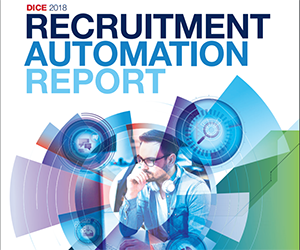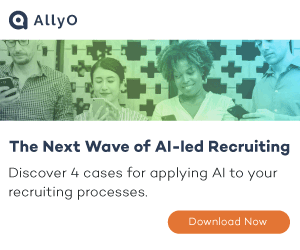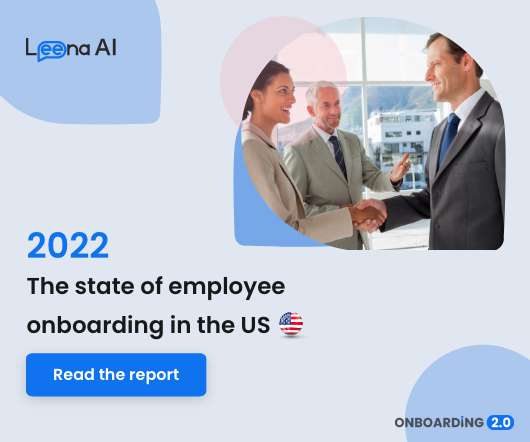15+ Types of Recruitment Methods to Hire the Top Talents
Peoplebox
SEPTEMBER 11, 2024
Accenture employs referral programs as part of its recruitment methods by granting its candidates the ability to recommend others. On the other hand, Google uses employer branding as a unique recruitment method, which draws in the finest of the best talents. Each company implements hiring strategies that fit its requirements.






















































Let's personalize your content